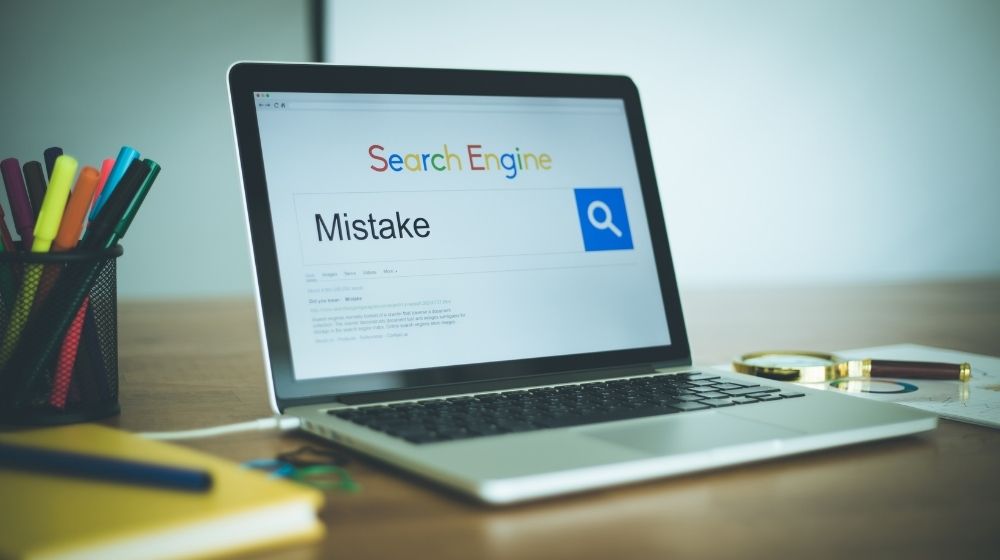Did you know that having a secure website can help your SEO? This blog post will discuss the benefits of using SSL certificates for your website.
We will also talk about setting up SSL for your site and some of the best practices for keeping your data safe, so if you’re interested in learning more about How SSL Helps SEO, keep reading!
How SSL Helps in SEO: The Relationship Between Security and Rankings

What is SSL?

SSL (Secure Sockets Layer) is a protocol that helps to keep data safe as it travels between your website and visitors’ browsers.
When an SSL certificate is installed on your site, all information exchanged between your site and visitors will be encrypted. This means that if any third party tried to intercept the data, the third party would not be able to read it.
SSL SEO: Why is SSL Important?
There are a few different reasons why having an SSL certificate can help your SEO. First, Google has stated that they give preference to secure sites. If you have an SSL certificate installed, try and intercept the data. They would not be able to read it.
Google has also stated that it will show a warning to users if a site is not secure. This can cause potential visitors to click away from your site, hurting your SEO.
Finally, SSL helps to build trust with your visitors. When people see that you have taken the extra step to protect their data, they are more likely to do business with you.
One of the main benefits of using SSL is that it helps to improve your site’s security. Encrypting all of the data exchanged between your site and visitors can help prevent hackers from accessing sensitive information.
Additionally, SSL can also help to build trust with your visitors. People who see that you have a secure site are more likely to stay on your site and interact with your content. This can help improve your bounce rate and overall engagement, which are factors that Google considers when ranking sites.
How do I Set Up SSL on my Site?
Purchase an SSL Certificate. If you’re interested in setting up SSL for your website, the first step is to purchase an SSL certificate.
Install the SSL Certificate on your server. Once you have done that, you will need to install the certificate on your server.
To enable an SSL certificate, it is necessary to:
1. Generate CSR Code
Create a Certificate Signing Request (CSR) + save the Private Key: (KB).
2. Activate the SSL certificate using your CSR: KB
3. Confirm that you own the domain. Validate the domain for the activated SSL certificate.
Choose one of three methods of DCV (Domain Control Validation):
- Receive an email
- Upload a validation file
- Add CNAME record (KB)
- Install the issued SSL certificate, ca-bundle, and recently saved Private Key on the hosting server. (KB)
If you choose to receive an Email, You may use the email that ends on withheldforprivacy.com and the email you will receive on your registered email.
The DNS-based method is the fastest. (KB)
Install the certificate.
- You must paste the content from the .crt file to the ‘SSL Certificate field.
- You must paste the content from the .ca-bundle file to the ‘CA Bundle’ field.
- Paste The Private Key you have saved manually after the CSR generation to the ‘Private Key’ field.
Watch this video from Namecheap on How to Activate and Install your SSL Certificate:
Update Your Site’s Code. After that, you need to update your site’s code to point to the new SSL URL. If you’re not comfortable doing this yourself, you can always hire a developer to help you.
Ensure all Your Pages are served over SSL.
Once SSL is set up on your site, you must ensure that all your pages are served over SSL. You can do this by setting up a redirect from your non-SSL pages to your SSL pages.
Make Sure that Your Site is Optimized. Check out How To Do an SEO Audit | Website SEO Audit Comprehensive Guide.
Best Practices for Keeping Your Data Safe
Now that you know How SSL Helps SEO, you might be wondering how you can keep your data even safer. Here are a few best practices to follow:
- Use strong passwords for all of your accounts
- Never reuse passwords
- Use two-factor authentication when possible
- Keep your software up to date
- Don’t click on links from unknown sources
By following these best practices, you can help to keep your data safe from hackers. I hope that this blog post has helped explain How SSL Helps SEO.
The most common cause for this is ‘Mixed content.’ For example, you still have mixed content if you do not see the secure lock in your browser address bar. It would be best if you fixed this because browsers will throw all sorts of warnings at users, who might get scared.




Comments